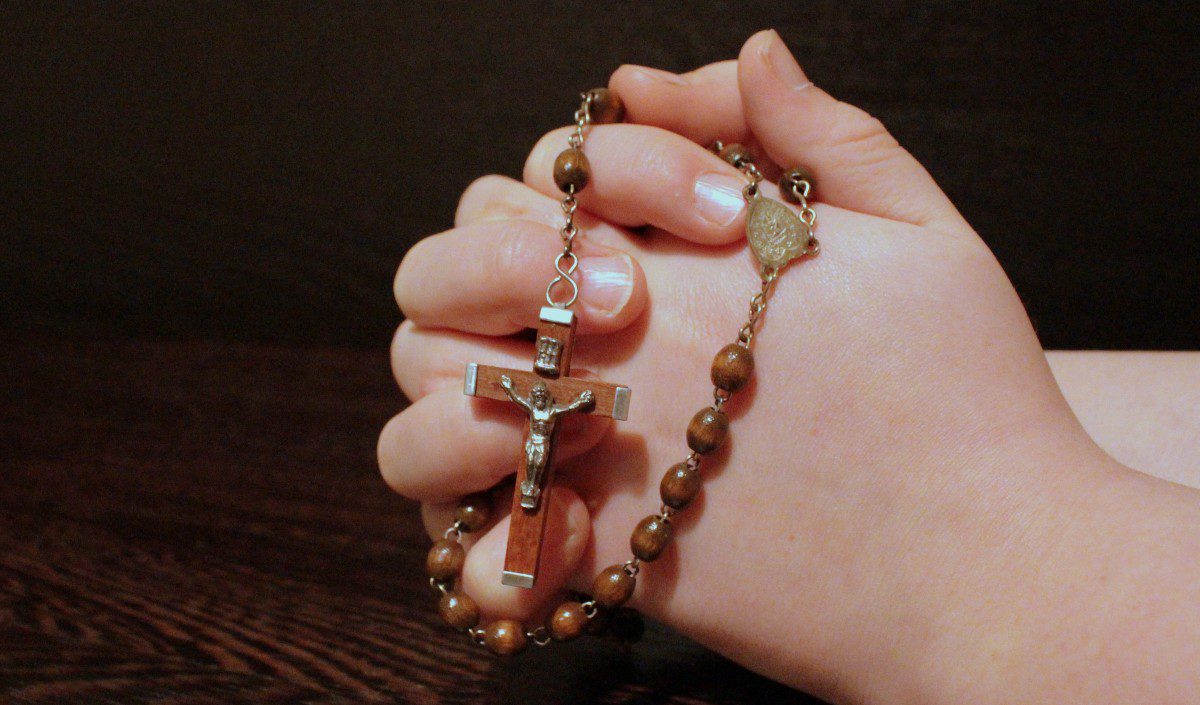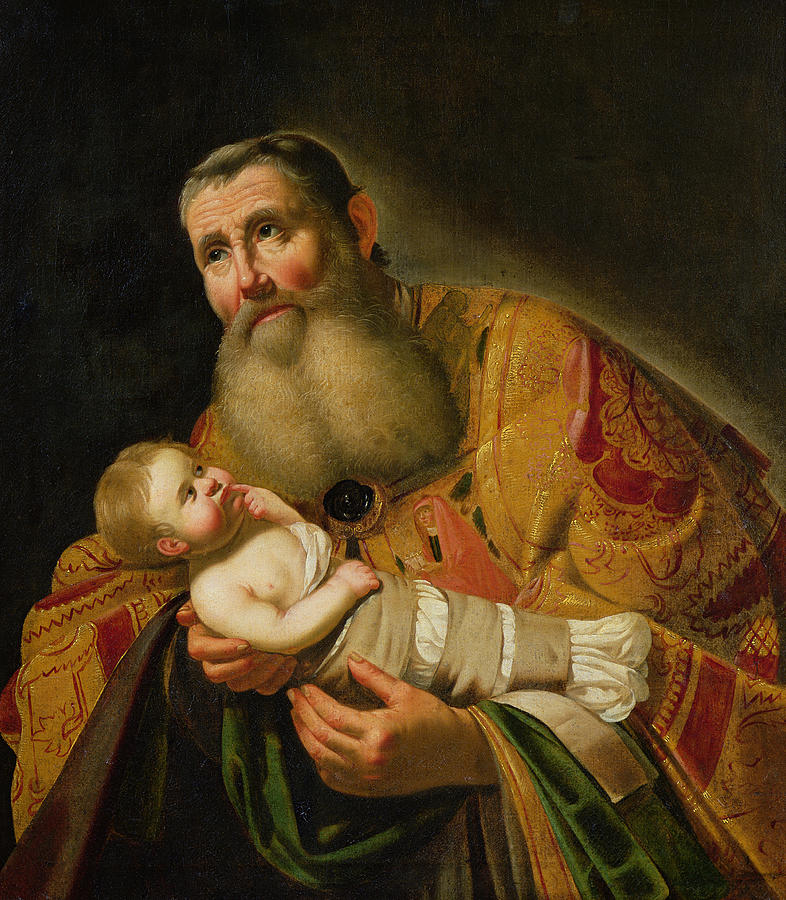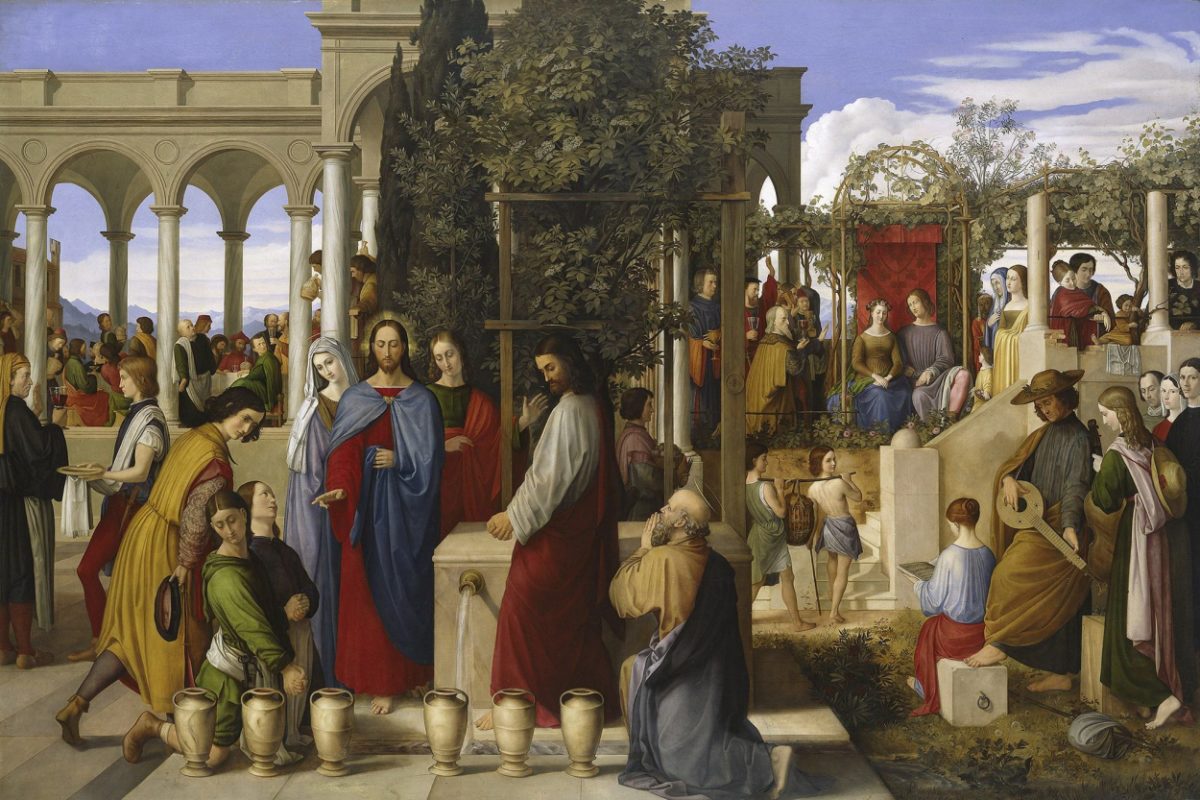I read all the time that we should strive to imitate the saints. After all, they are acknowledged by the Church as righteous and holy and now living with God in Heaven. But they were also far from perfect. And this is what makes the saints so relatable. If they found ways to honor God in their lives despite their imperfections, so can we. Let’s take a look at a saint with plenty of faults — Saint Peter.
Keeping Christ at a Distance
Look at Peter during Christ’s arrest and trial. He did not completely abandon Jesus like many of the other apostles. He followed Jesus into Jerusalem and through the trial but at a distance. He did not get involved with the hearing in the Sanhedrin but was more of a passive spectator. And then, when questioned, he blatantly denied that he was one of Jesus’ disciples.

I think Peter’s example is one that many of us imitate. We follow Jesus, but at a distance. We may go to Mass regularly but go through it on autopilot. Maybe we sit in the back pews so we can make a quick exit after Communion. And when was the last time we did something a little extra like go to adoration, receive the Sacrament of Confession, or just say a few extra prayers throughout the day? Like Peter, we aren’t completely rejecting our faith but we’re not exactly embracing it either.
Going Back to Normal
After Christ’s death, Saint Peter said that he was going fishing (John 21:3). Remember, that was his profession before becoming one of Jesus’ apostles. His returning to fishing could mean one of two things. He was either taking a break from being an apostle or he was completely renouncing it and going back to his old way of life. Peter, like many of Jesus’ disciples, may have thought that now that Jesus was no longer physically with them that everything was just going to go back to “normal.”
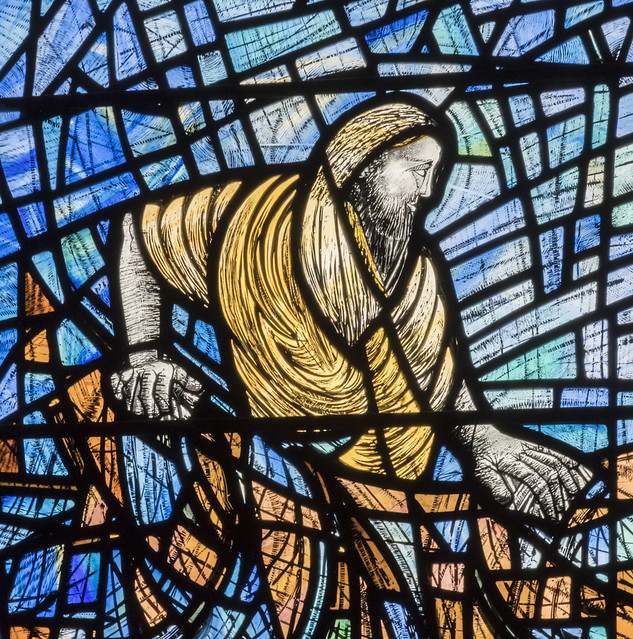
I think many of us feel the same way after Lent and Easter Sunday. We just go back to the way things were. We may have had a great Lent and Easter but that was hard work. We may feel like it’s time to take a break and “go fishing” or even completely ignore our faith entirely and not give it a second thought until Christmas. But our lives going back to normal is exactly the opposite of what the Easter season is about. We should feel transformed and joyful about renewing our life in Christ.
What can we do to prevent our lives from going back to normal? How do we fight the temptation to “go fishing” or keep Christ at a distance like Saint Peter? Here are some ideas.
- Fast like you did during Lent. If you gave something up, consider continuing to give it up or at least cutting back.
- Continue to abstain from meat every Friday. We do this in our household and it’s a good sacrifice that is sustainable throughout the year.
- Go to adoration and First Fridays. Spend some quality time in deep meditation.
- Pray the Rosary daily. If you already do that, pray multiple Rosary chaplets.
- Jump into a novena. There are plenty for all sorts of intentions.
- Read the Bible. Maybe start with the daily readings. If you’re feeling ambitious, pick up a study Bible and read all the books.
- Volunteer and get involved with your parish.
- Receive the Sacrament of Reconciliation
We may feel tired and even give up and return to normalcy. But then again, so did one of the greatest saints — Saint Peter. So don’t feel discouraged if you can’t act holy 100% of the time. None of the apostles could either. The important thing is to keep trying by keeping God close in your mind, heart, and actions.


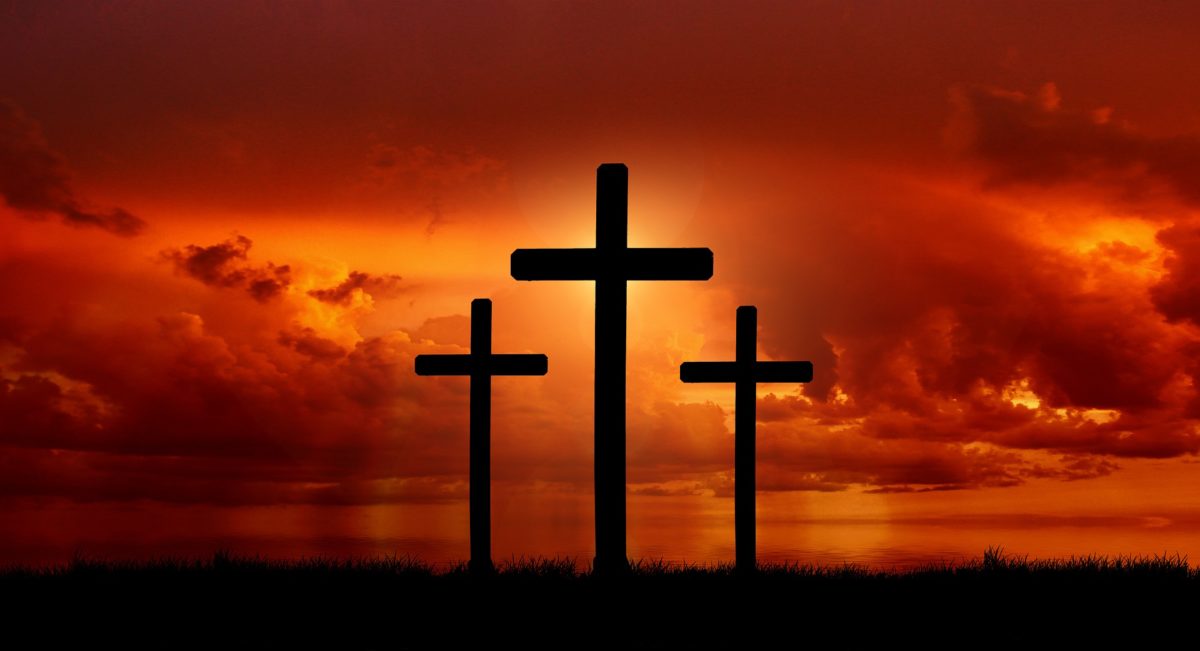


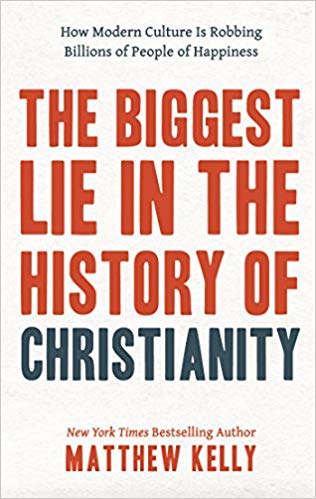
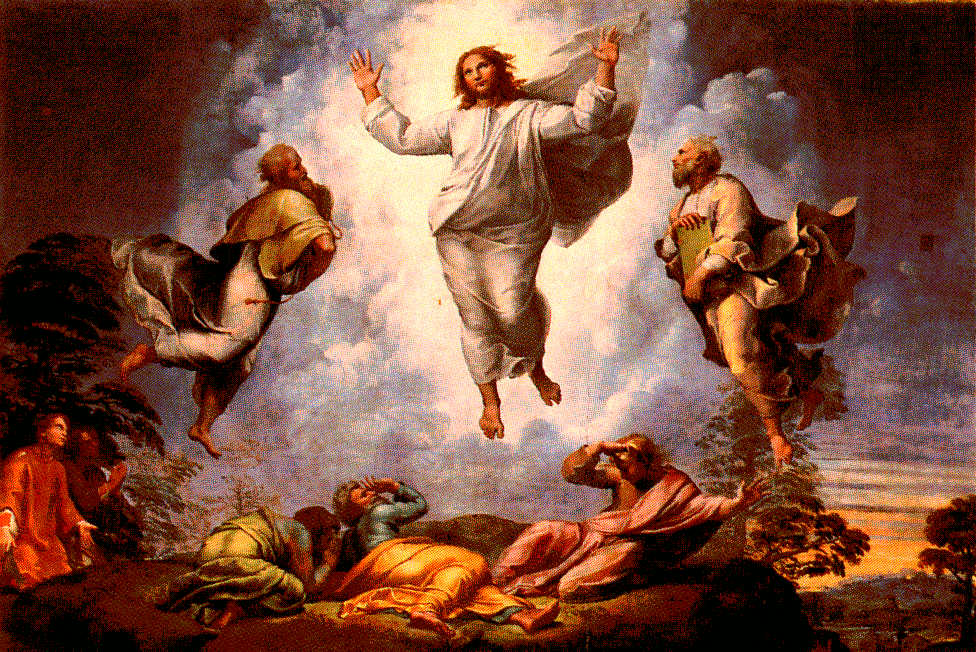

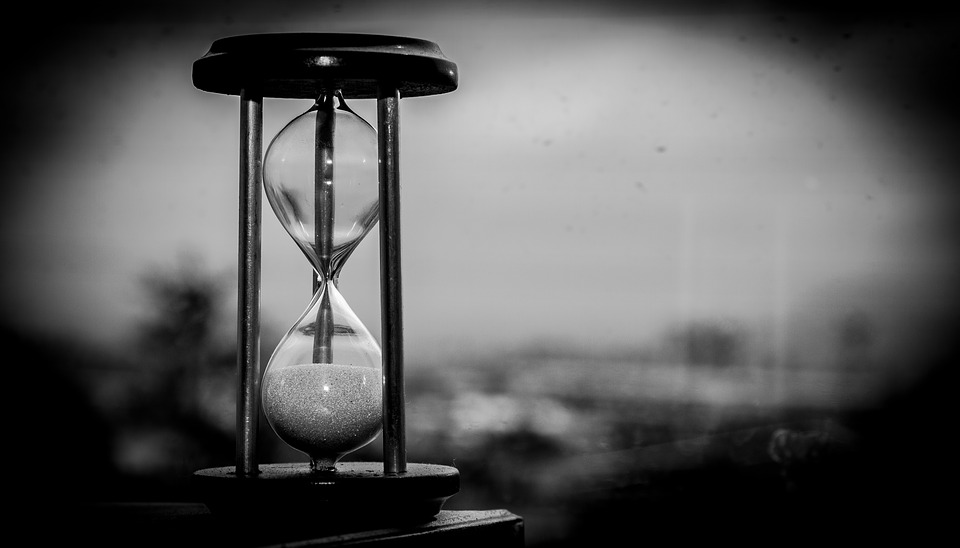

.jpg/501px-Christ_Carrying_the_Cross_(cropped).jpg)
